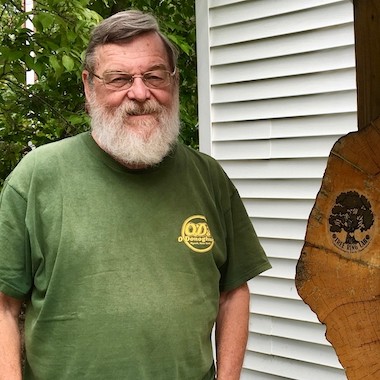
Edward Cook
Cook, Ewing Lamont Research Professor at Lamont-Doherty Earth Observatory, will develop a new drought atlas — a benchmark reconstruction of past hydroclimatic variability from tree rings — called the Northern Hemisphere Drought Atlas (NHDA).
The applications of the NHDA are many and it will significantly advance understanding of the causes of hydroclimatic variability, how this variability has impacted humanity and the environment in the past, and how it may do so in the future. The NHDA will be useful to scientists across a broad range of research disciplines including climate modeling, global change, hydrology, ecology, and archeology. It will also provide critical and impactful results to governments for decision-making and policy, as well as to industry, finance, NGOs, and insurance providers, on matters relating to food, water, energy.
In addition to providing space-time reconstructions of hydroclimatic variability covering most of the Common Era, the NHDA can be used to explicitly reconstruct streamflow for water resources applications. It will have the ability to track future changes in hydroclimate in near-real time through updates of instrumental data seamlessly ‘blended’ with the tree-ring reconstructions, thus keeping the NHDA a ‘living’ product for future use without the need to recalculate the tree-ring reconstructions themselves.
